Major milestones in translational oncology
- PMID: 27469586
- PMCID: PMC4964079
- DOI: 10.1186/s12916-016-0654-y
Major milestones in translational oncology
Abstract
Translational oncology represents a bridge between basic research and clinical practice in cancer medicine. Today, translational research in oncology benefits from an abundance of knowledge resulting from genome-scale studies regarding the molecular pathways involved in tumorigenesis. In this Forum article, we highlight the state of the art of translational oncology in five major cancer types. We illustrate the use of molecular profiling to subtype colorectal cancer for both diagnosis and treatment, and summarize the results of a nationwide screening program for ovarian cancer based on detection of a tumor biomarker in serum. Additionally, we discuss how circulating tumor DNA can be assayed to safely monitor breast cancer over the course of treatment, and report on how therapy with immune checkpoint inhibitors is proving effective in advanced lung cancer. Finally, we summarize efforts to use molecular profiling of prostate cancer biopsy specimens to support treatment decisions. Despite encouraging early successes, we cannot disregard the complex genetics of individual susceptibility to cancer nor the enormous complexity of the somatic changes observed in tumors, which urge particular attention to the development of personalized therapies.
Keywords: Biomarkers; Breast; Cancer vaccines; Colorectal; Early diagnosis; Genetic profile; Immunotherapy; Individual risk; Liquid biopsy; Lung; Mutational landscape; Next generation sequencing; Ovarian; Prostate; Tumorigenesis.
Figures
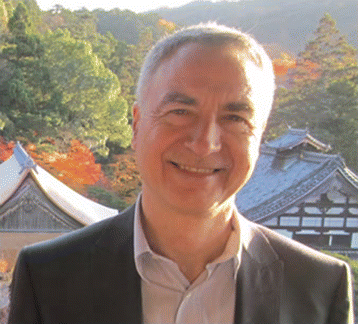
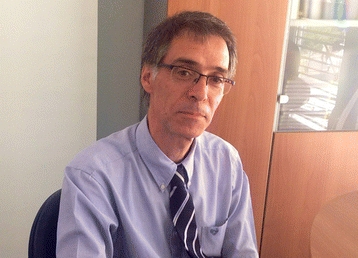

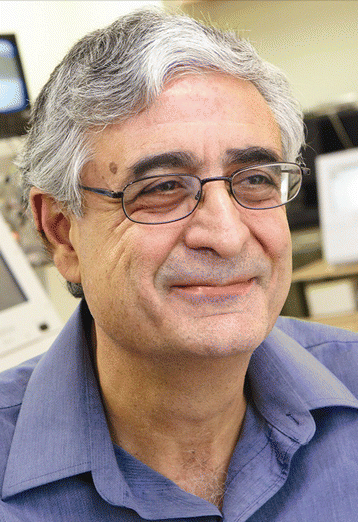
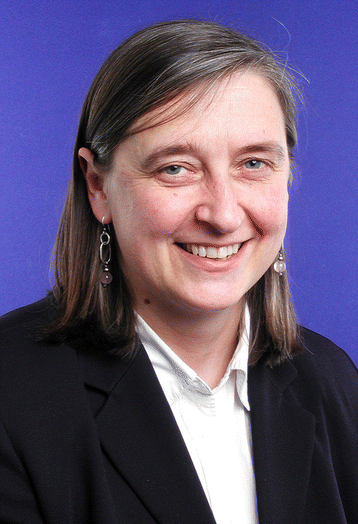
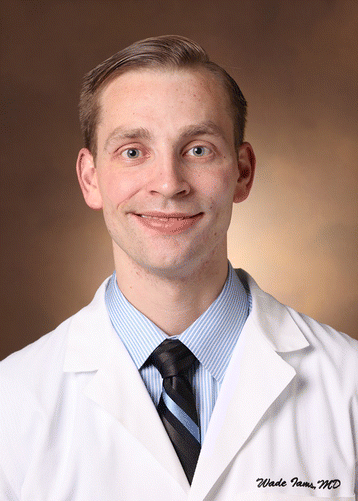
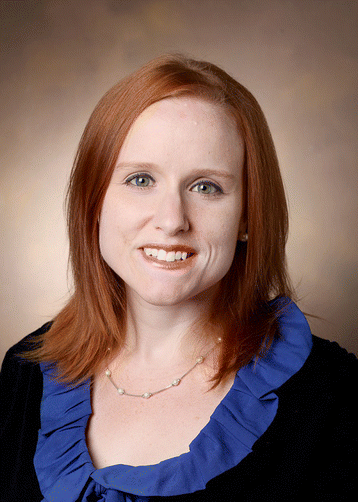
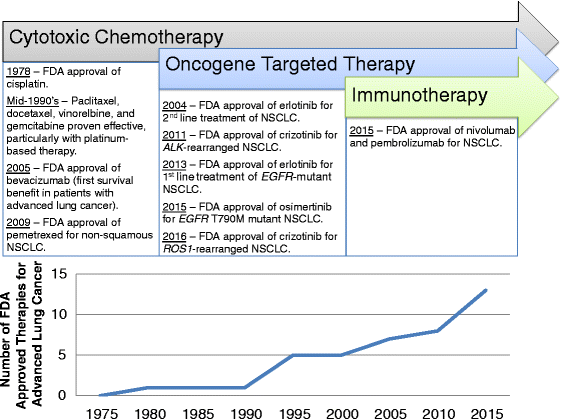


References
-
- Demetri GD. Beyond supportive care: what are the next questions in the use of hematopoietic cytokines with cytotoxic chemotherapy? Blood. 1993;82:2278–80. - PubMed
Publication types
MeSH terms
Substances
Grants and funding
LinkOut - more resources
Full Text Sources
Other Literature Sources

